Why Does My Switch Have 3 Black Wires? [What to Do?]
When replacing a light switch, it is not uncommon to encounter a wiring configuration with three black wires. These wires serve different functions in the electrical circuit. It is important…
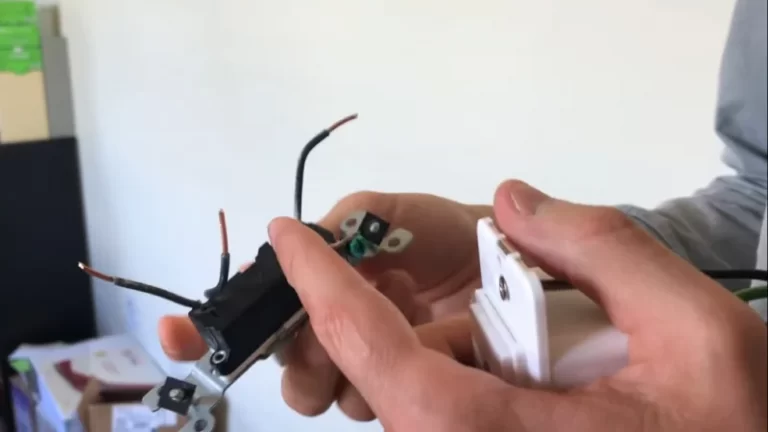
When replacing a light switch, it is not uncommon to encounter a wiring configuration with three black wires. These wires serve different functions in the electrical circuit. It is important…
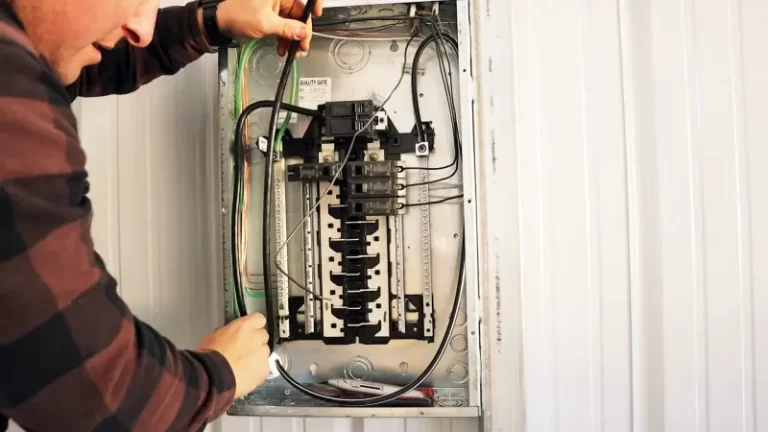
Wiring a garage for 220V is a project that many homeowners can tackle on their own, provided they have the right tools, materials, and knowledge. Running 220V to a garage…
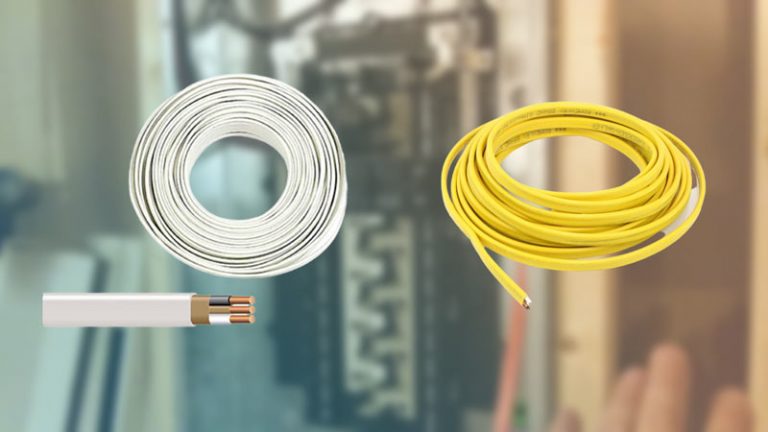
ROMEX® is a type of Non-metallic (NM) sheathed cable that is commonly used in residential wiring applications. It is manufactured by Southwire and consists of two or three Thhn wires…
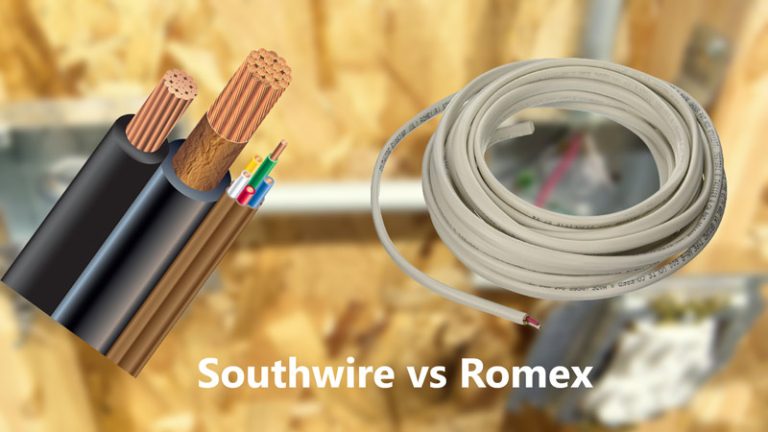
When it comes to electrical wiring for residential projects, NM-B (non-metallic sheathed) cable is a popular choice. This type of cable is used for both exposed and concealed installations in…
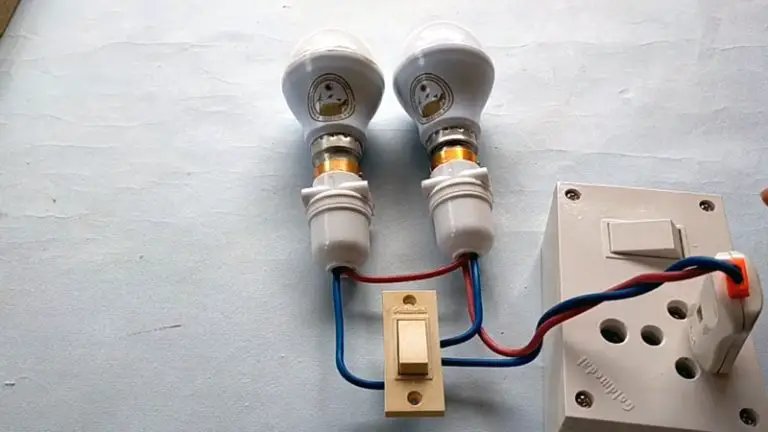
It can be frustrating when one light in a room controlled by a single switch stops working, especially if the other light is still functioning properly. This common electrical issue…
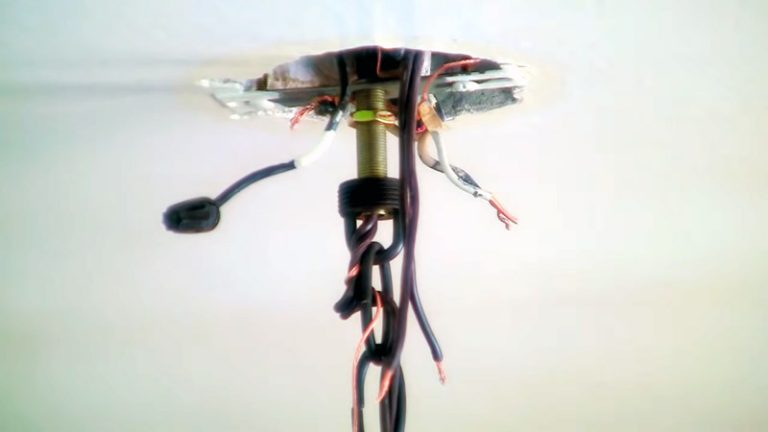
If you’re looking to install a new light fixture or upgrade an existing one, you may run into a situation where you need to convert a 4 wire light fixture…
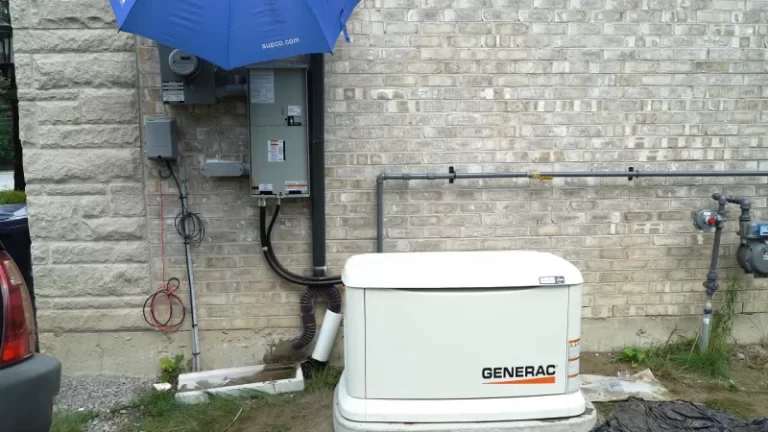
When installing a 22kw generator, it’s important to carefully consider the size of the wire that will be used to connect the generator to the transfer switch. The size of…
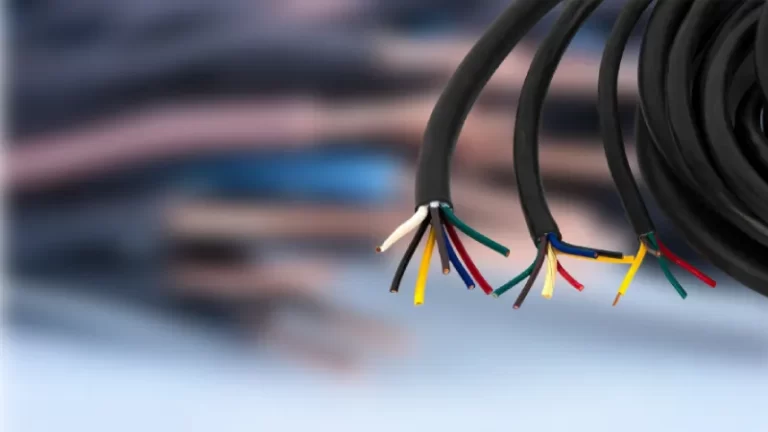
14/2 wire is a common type of electrical wire that is often used for residential wiring purposes. It consists of two wires, one coated in colored insulation and the other…
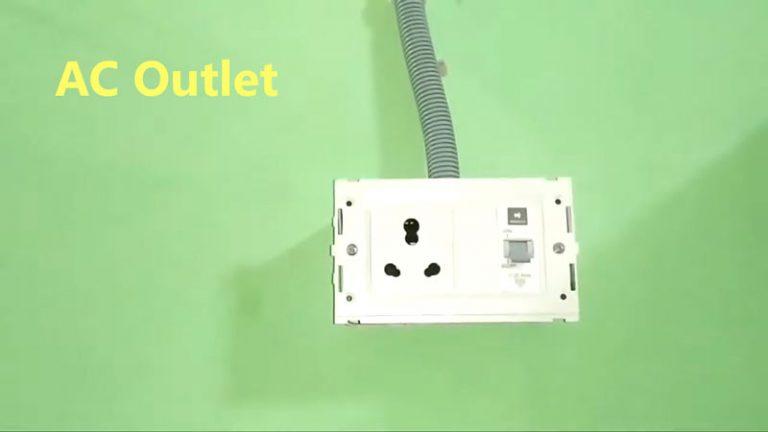
Before beginning any electrical work, verify all circuits are properly wired and that there is no potential shock hazard. If necessary, use a Ground Fault Circuit Interrupter (GFCI) or breaker…
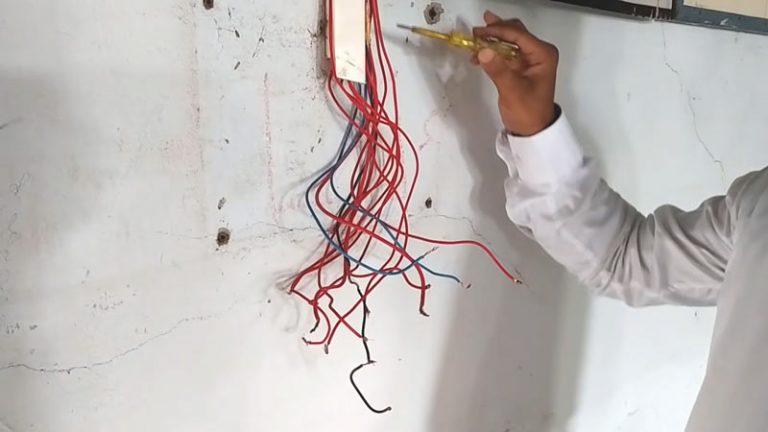
A broken neutral wire can cause a lot of trouble when it comes to your home’s wiring. A faulty start point can disrupt the flow of electricity in your home,…